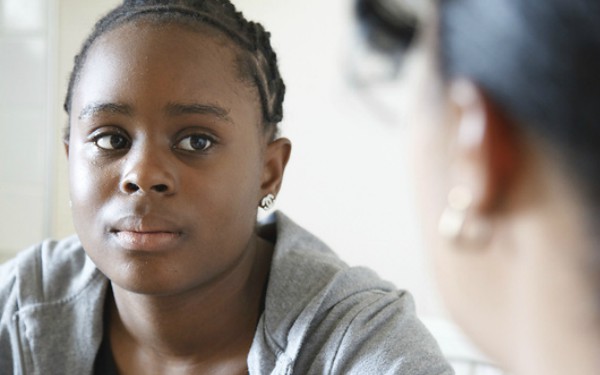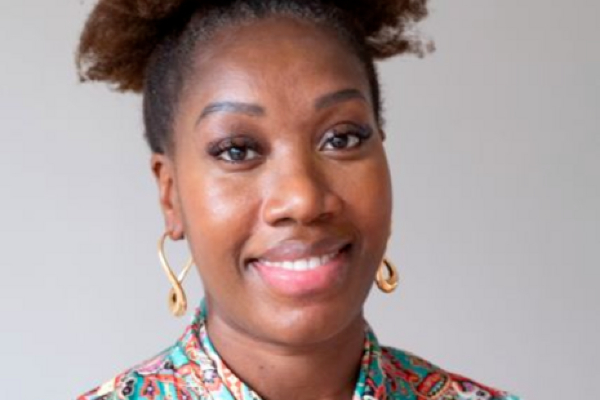
How far does racial bias affect child protection practice?
- A lot (71%, 699 Votes)
- Somewhat (16%, 161 Votes)
- Not at all (7%, 73 Votes)
- A little (5%, 46 Votes)
Total Voters: 979
A “sea change” is needed in practitioners’ approach to race in child protection cases to better safeguard Black, Asian and mixed-heritage children from harm.
That was the message from the Child Safeguarding Practice Review Panel in a report on the impact of race, ethnicity and culture on multi-agency practice where children have died or suffered serious harm.
The study was based on 54 case reports – 14 local child safeguarding practice reviews and 40 rapid reviews – 25 involving mixed-heritage children, 15 concerning Black children and 14 relating to Asian children.
As previously reported, the panel found that reviews were “silent” about the presence of racial bias in professionals’ decision making and on the role of racism in services’ responses to families.
But to the extent that reviews did address race, they identified significant practice issues, said the panel, whose role is to oversee and draw together learning from serious cases.
Race ‘not recognised’ by practitioners
Race and ethnicity of children was often not recognised, appropriately explored or understood by practitioners, resulting in them not having a full understanding of children’s lived experience and the vulnerabilities they faced.
Fourteen reviews noted that children and families faced service barriers relating to race, ethnicity or culture, including because of past experiences of racism, language barriers, cultural perceptions that seeking support indicated an inability to cope, and practitioner bias.
The latter included the issue of adultification, where professionals attribute adult-like characteristics to Black children and treat them as more responsible than others of a similar age.
One example of this concerned a Black Caribbean child who was viewed as suspicious by professionals for wearing protective clothing after witnessing the murder of a friend. When they were subsequently injured in a knife incident, they were viewed as a perpetrator, not a victim.
‘Not hearing the child’s voice
Seven reviews found that children’s voices and wishes had not been heard by practitioners, while a further 11 highlighted barriers to hearing the child, including fear of retribution from disclosure and communication difficulties.
In 19 reviews, risks to the child had been at least partially recognised, but this had not translated into a professional response, including because disclosures by children had not been appropriately addressed.
This included “several cases” where girls of Asian or mixed Asian heritages had made disclosures about sexual abuse, but these appeared either to have been dismissed as untrue or not carefully followed up.
‘Silence around racism deeply concerning’

Jahnine Davis
Race and safeguarding expert Jahnine Davis, the panel’s lead for the report, said: “The silence around race and racism in child safeguarding practice is deeply concerning.
Improving the safeguarding of Black, Asian and mixed-heritage children meant “challenging current policies, practices and how services are designed and delivered, recognising how racism and racial bias impact our work to protect children”, she added.
Recommendations included that safeguarding partnerships create conditions to empower practitioners to have conversations with children and families about race and identity, and build their skills and confidence. They should also ensure appropriate internal structures are in place to support practitioners to recognise, discuss and challenge internal and institutional racism, the panel said.
Leaders ‘need to equip staff with confidence’
Association of Directors of Children’s Services president Andy Smith said the report made for difficult reading but “must act as a catalyst for further change”.
“Leaders across public services have an important role in addressing discrimination and bias and in supporting anti-racist practice in their organisations by equipping our staff with the confidence and the courage to do so via appropriate training and support, including challenge where necessary,” he added.
“As the panel recognises, these conversations can be hard, but the consequences are too great if we do not get this right in terms of children being seriously harmed, or worse.”
‘Stark evidence gaps’
Sector evidence body Foundations said there were “stark evidence gaps about the experiences and outcomes of racially minoritised children in children’s social care, despite the over-representation of these children in safeguarding reviews”.
Its chief executive. Jo Casebourne, added: “Foundations is committed to taking a proactive role in addressing the issues the panel identifies.
“We will continue to integrate considered and critical examination of race, racism and racial bias into our work, generating evidence on what works to inform local safeguarding strategies, empower leaders and practitioners, and strengthen our collective ability to protect children.”







 Bournemouth, Christchurch and Poole
Bournemouth, Christchurch and Poole  Hampshire County Council
Hampshire County Council  Oxfordshire County Council
Oxfordshire County Council  South Gloucestershire Council
South Gloucestershire Council  Wokingham Borough Council
Wokingham Borough Council  Webinar: building a practice framework with the influence of practitioner voice
Webinar: building a practice framework with the influence of practitioner voice  ‘They don’t have to retell their story’: building long-lasting relationships with children and young people
‘They don’t have to retell their story’: building long-lasting relationships with children and young people  Podcast: returning to social work after becoming a first-time parent
Podcast: returning to social work after becoming a first-time parent  How managers are inspiring social workers to progress in their careers
How managers are inspiring social workers to progress in their careers  Workforce Insights – showcasing a selection of the sector’s top recruiters
Workforce Insights – showcasing a selection of the sector’s top recruiters 

 Facebook
Facebook X
X LinkedIn
LinkedIn Instagram
Instagram
As was highlighted in the Victoria Climbie Enquiry: ”Fear of being accused of racism can stop people acting when otherwise they would”. The Independent Inquiry into Child Sexual Abuse also highlighted issues around a ”culture where people are worried that they might be accused of being racist”.
Any training on racism or anti-racism has to acknowledge this and identify how it can be addressed.
References.
https://assets.publishing.service.gov.uk/media/5a7c5edeed915d696ccfc51b/5730.pdf
https://www.independent.co.uk/news/uk/home-news/grooming-gangs-iicsa-racist-fears-b2007649.html